Question And Answer
Publications
Articles, publications, books, tools and multimedia features from the U.S. Institute of Peace provide the latest news, analysis, research findings, practitioner guides and reports, all related to the conflict zones and issues that are at the center of the Institute’s work to prevent and reduce violent conflict.
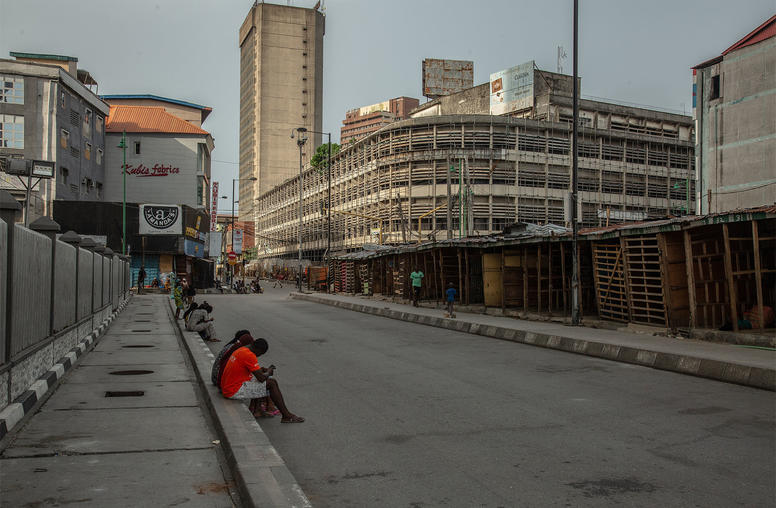
Is Insecurity Undermining the Coronavirus Response? Evidence from Nigeria
In the United States, there is no shortage of public opinion data on nearly every question imaginable. But in Nigeria, Africa’s most populous country, such data is more scarce and policymakers often lack detailed insights into citizen perceptions and concerns. Now, new evidence from USIP-commissioned surveys conducted in May and July 2020 of more than 10,000 Nigerians has found new relationships between violent conflict and the coronavirus response. The data shows that victims of violence are more likely to distrust the Nigerian government’s response to coronavirus.

America can build peace better—if it includes women.
The United States is making a publicly little-noted stride this month to strengthen its response to the violent crises worldwide that have uprooted 80 million people, the most ever recorded. Officials are overhauling America’s method for supporting the “fragile” states whose poor governance breeds most of the world’s violent conflict. Yet the proven new approach—helping these countries meet their people’s needs and thus prevent violence and extremism—will fall short if its implementation fails to include and support women in every step of that effort. Fortunately, an earlier reform to U.S. policy offers practical lessons for doing so.
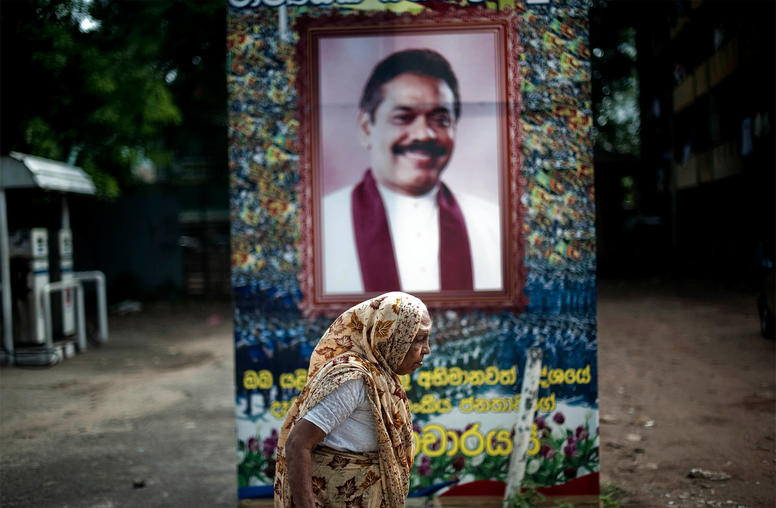
Sri Lanka’s Election Helps Cement the Rajapaksas’ Return to Power
The Sri Lanka People's Front (SLPP) gained a parliamentary supermajority earlier this month in what was the first major election held in South Asia since the coronavirus pandemic began. The results solidified the political power of Prime Minister Mahinda Rajapaksa and his brother, President Gotabaya Rajapaksa, who had dissolved the previous parliament shortly after he was elected last year. USIP’s Jumaina Siddiqui, Tamanna Salikuddin and Vikram Singh look at whether the polls were free and fair, what the landslide victory means for Sri Lanka as the country continues its recovery from civil war, and how the election impacts South Asia.
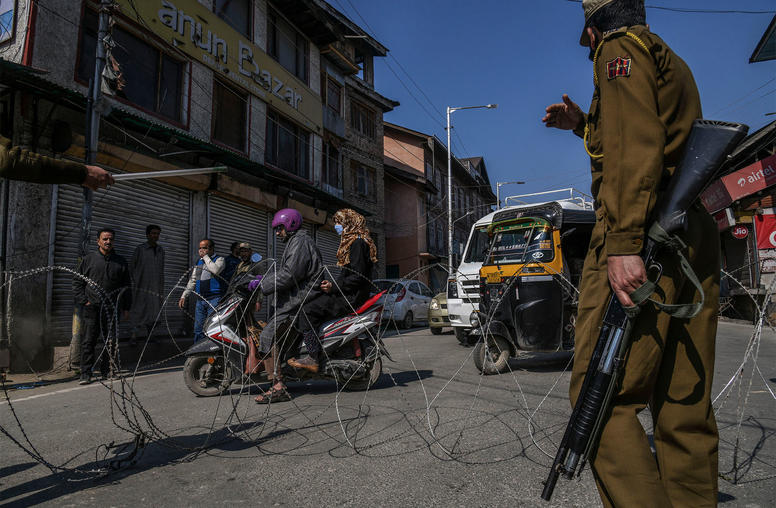
One Year Since Their State Was Split Up, Kashmiris' Lives Remain in Limbo
One year since Indian Prime Minister Narendra Modi’s government stripped Jammu and Kashmir of its special status and downgraded its statehood to a centrally controlled union territory—an act it argued was intended to improve governance and attract investment to the region—residents’ lives remain upended by continued conflict and a high level of militarization.
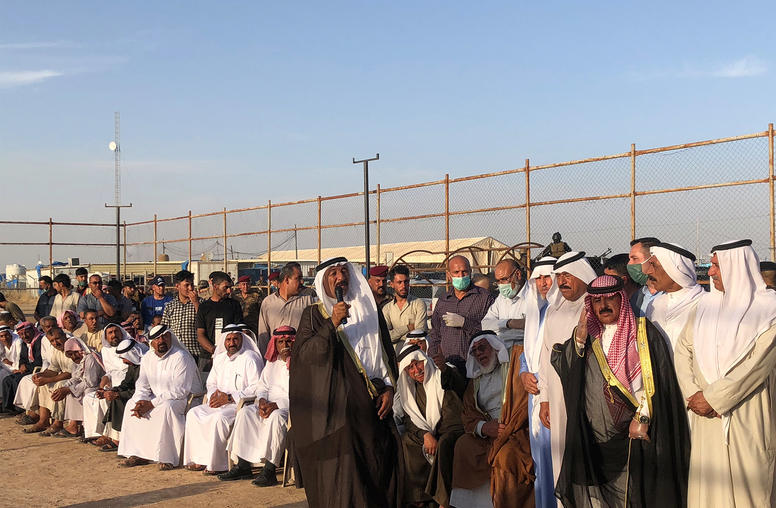
Iraqi-U.S. Ties are ‘Restarting,’ Iraqi Foreign Minister Says
Iraq and the United States have launched a reset in relations, Foreign Minister Fuad Hussain said in a USIP forum August 20. Following at least a year of strain in bilateral ties, this week’s negotiations in Washington will produce a broader relationship than previously, “not only limited to security matters,” Hussain said during an official visit alongside Prime Minister Mustafa al-Kadhimi just 15 weeks after he and his government took office. Their talks at the White House, State Department and with other officials will be vital in setting the next chapter of U.S-Iraq relations.

Rising Religious Revanchism in Turkey and India Has Dire Consequences
Forced conversions are usually about people. But two sacred sites were recently transformed in Turkey and India, with potentially dire consequences for those countries and the world.

Conflict Prevention in the COVID Era: Why the U.S. Cannot Afford to Go it Alone
As the United States and other international actors assess the wreckage reaped by the coronavirus pandemic around the world, estimates are that an unprecedented level of aid will be needed to mitigate its worst impacts in fragile states. Given the ballooning costs of COVID-response efforts, the U.S. will need to deepen its partnerships with other international donors and local actors to bolster accountable and inclusive institutions and prevent conflicts and violence from escalating. Equally important, but less discussed, these international efforts will need to focus on managing a more complex global risk landscape that is emerging from the pandemic.
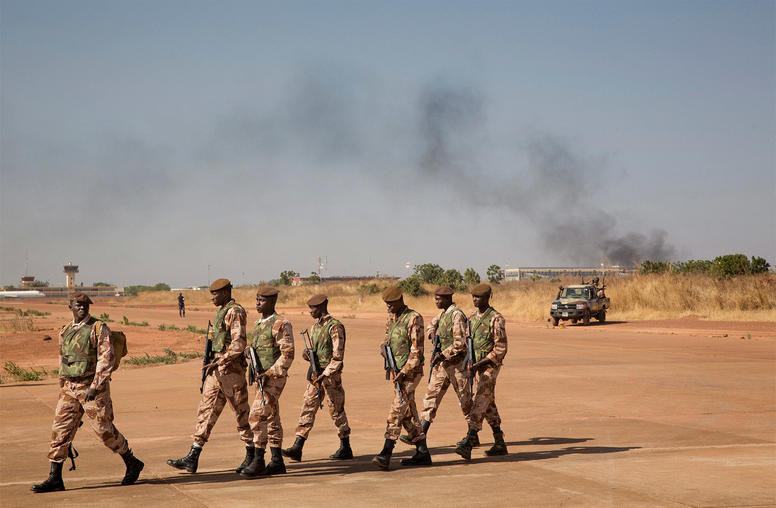
Five Things to Know About Mali’s Coup
On August 18, rising tensions to boiled over into a mutiny, leading to the resignation of President Ibrahim Boubacar Keita. This dramatic chain of events followed three months of protests, calling for Keita’s resignation. As the country grapples with an intractable insurgency and eight years of instability, anger over the government’s failure to resolve conflict, respect democratic norms, and provide basic services pushed citizens and the military to their boiling point. What comes next in Mali over the coming months could have significant implications for the country’s democracy and on the stability of the Sahel.
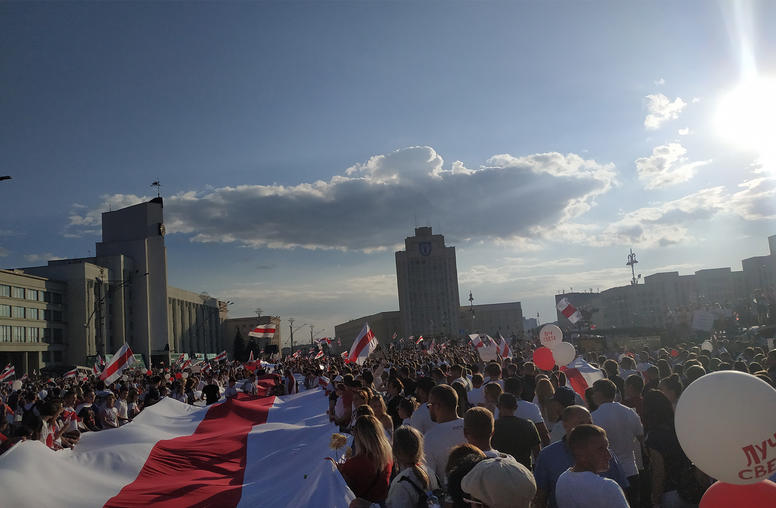
What’s Next for the Peaceful Uprising in Belarus?
Recent weeks have seen a massive outpouring of peaceful public protest in Belarus after an election widely believed to be fraudulent. Hundreds of thousands of Belarusians have taken to the streets to demand that longtime authoritarian President Alyaksandr Lukashenka step down and another democratic election be held.
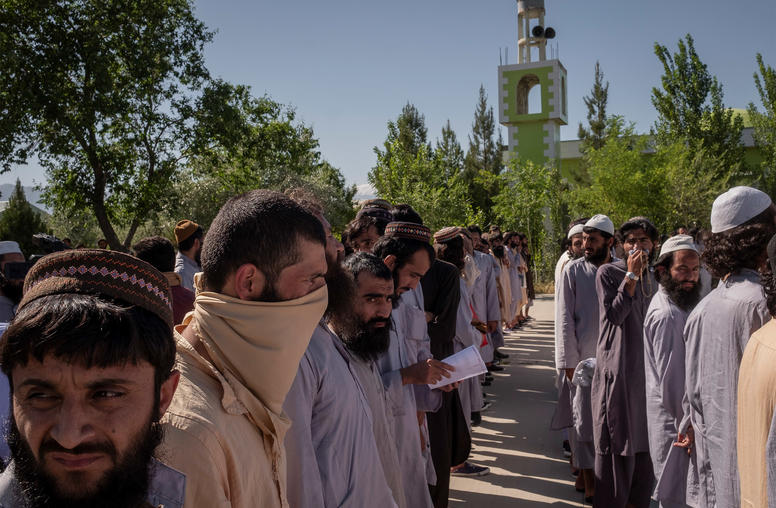
Afghan Government: ‘Optimistic’ on Opening Talks with Taliban
Afghanistan’s government is optimistic that the delayed peace talks with the Taliban can start soon, acting Foreign Minister Mohammed Haneef Atmar told an online audience. Atmar’s comments are the latest sign that one reason for the five-month delay, disputes over the two sides’ release of prisoners they have been holding, may be nearly resolved. Taliban attacks on government forces have continued, and civilian casualties have remained high, as the two sides have wrestled over conditions for starting the talks as envisioned in a February agreement between the United States and the Taliban.